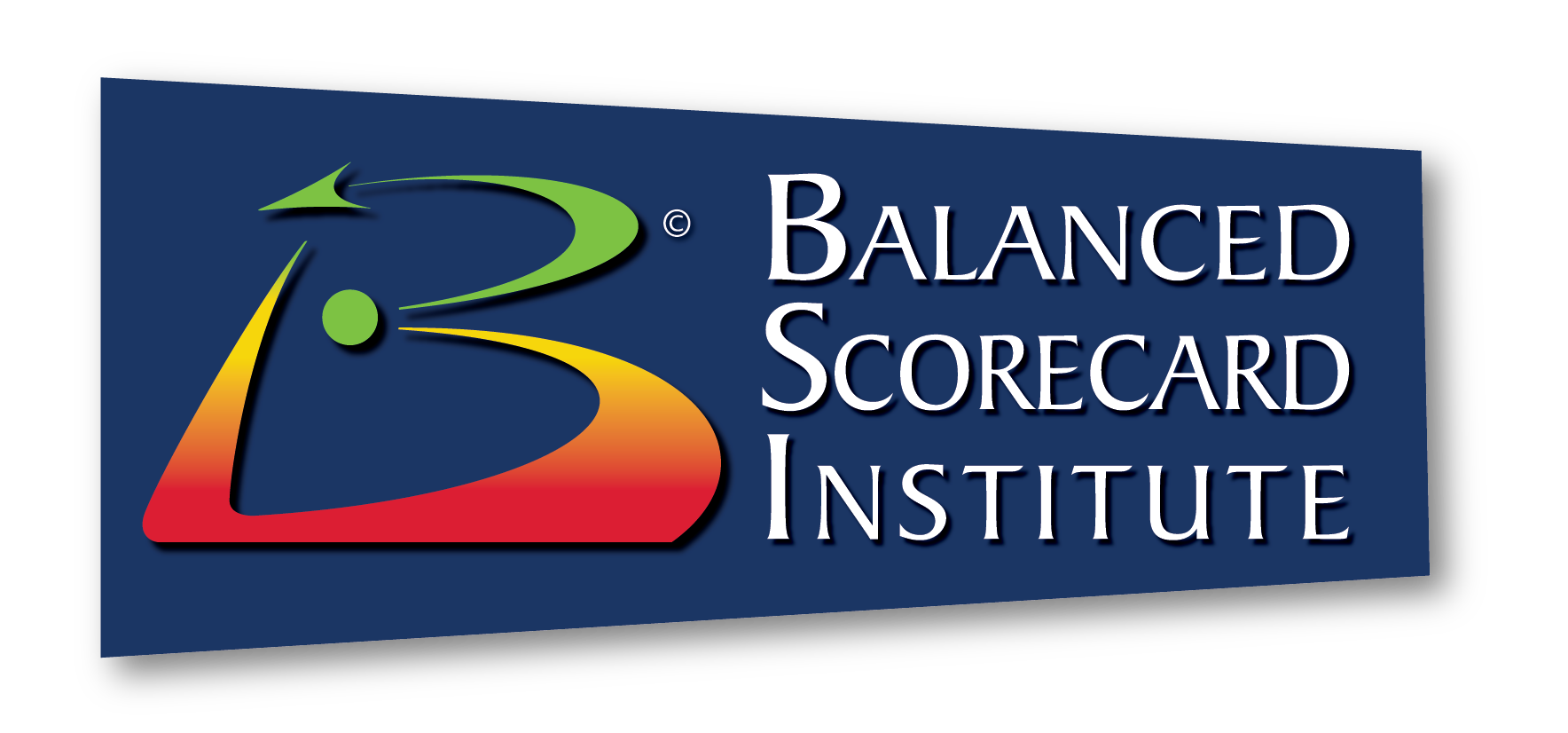
Welcome to a miserably hot, sweltering day at Yankee Stadium with the temperature sitting at 95° F in the shade and 90% humidity. It’s the bottom of the ninth and the Yankees are down by three runs. A collective sense of expectation can be felt throughout the stadium as Didi Gregorius, who has 10 home runs already this season, steps back into the batter’s box with bases loaded and a full count. Boston’s ace leftie, Chris Sale, with a 4-1 record and a 2.39 ERA going into the game, goes into his windup. The pitch is a 99-mph split-finger fastball at the knees on the inside corner of the plate. Gregorius swings, connects and the ball travels 420 feet clearing the center field wall by 12 feet; a grand slam and the Yankees win their 28th game of the season!
Rewind
Welcome to another day at the empty lot where an unspecified number of people have shown up to play baseball. It feels hot, but since no one measures temperature no one is sure if it is any hotter than usual. The game is loose – the bases and fence are randomly placed, and the game continues until the players decide they are done, as no one tracks innings or measures time. No one knows the score; no one counts strikes or balls; no one tracks how many runs or hits are made on a team or individual basis; much less the type or speed of the pitch being delivered. No talent is required to play because no one keeps track of how one performs; baseball statistics don’t exist. Alas, there is no excitement and no tension; no pressure to improve. No one loses or wins…pure UTOPIA!!

Measurements play a relevant part of our daily world, both in our personal and professional lives. H. James Harrington summed it up like this, “Measurement is the first step that leads to control and eventually to improvement. If you can’t measure something, you can’t understand it. If you can’t understand it, you can’t control it. If you can’t control it, you can’t improve it.”
Everyone uses measurements every day of their life and usually don’t even pause to give them consideration. We all check the weather to see how warm or cold it is. We use measurements to determine our budgets, how much money we need for vacations and how well our children are performing in school. We calculate how many minutes we need to add to our workout routine to allow us to eat that extra piece of cake; how much we can afford to pay for things, and so much more. Face it, life in today’s world doesn’t exist without measures!
What confounds us and causes confusion, missed opportunities and misguided, unproductive efforts is our inability and/or lack of experience in determining what measurements are key. How do we determine how effective we are in achieving our desired goals and objectives, whether in our personal life or at work? How do we measure success and how do we know when we have achieved it?
The answer centers around the concept of developing Key Performance Indicators (KPI’s). The challenge is in developing and knowing what measurements are “Key” in determining the success of our performance and that of our organizations.
If you want to learn more about KPI’s and how to develop useful and meaningful measures for your organization, visit: http://kpi.org
Sources:
H. James Harrington Quotes. Retrieved from: https://www.goodreads.com/author/quotes/42617.H_James_Harrington
Terry is Balanced Scorecard Institute's Director of Training and Senior Associate with over 30 years of experience working in both the private and public sectors.


